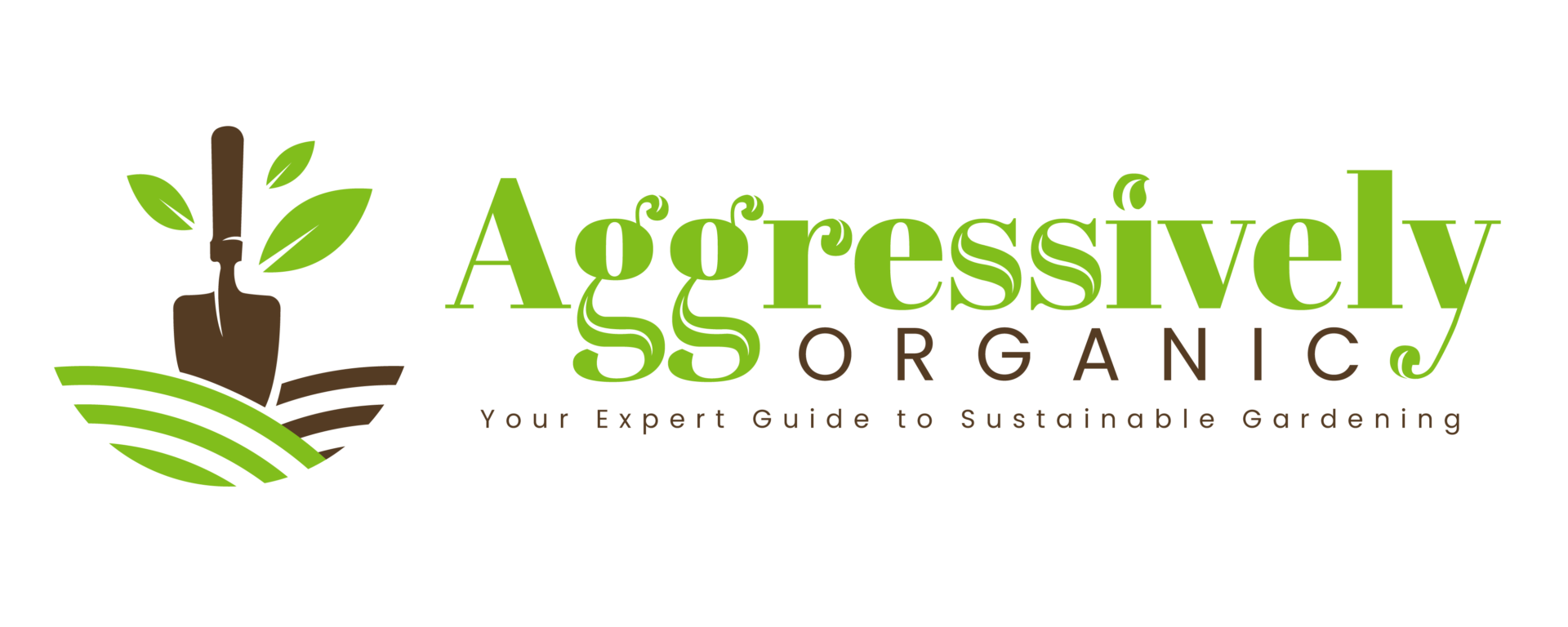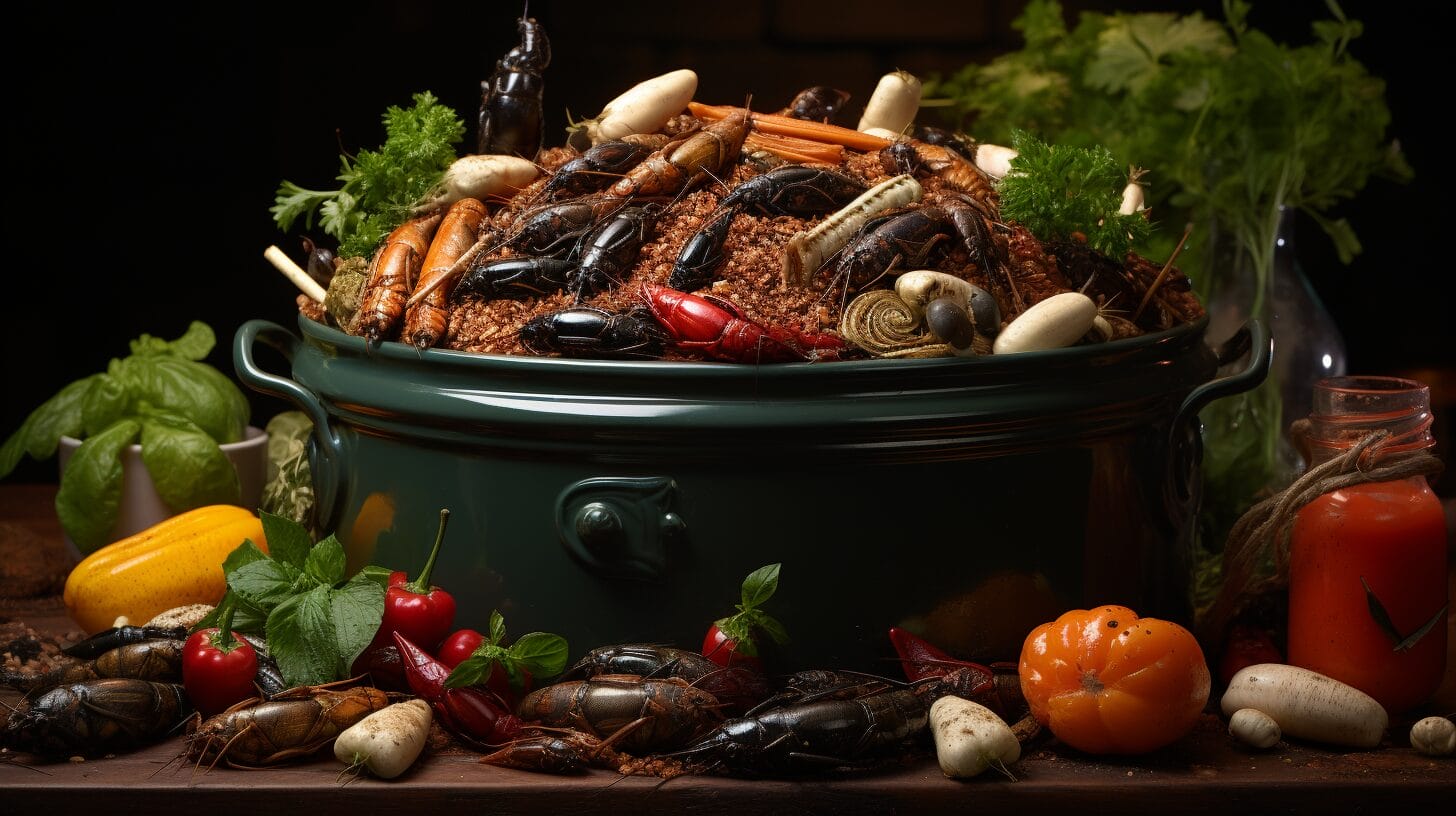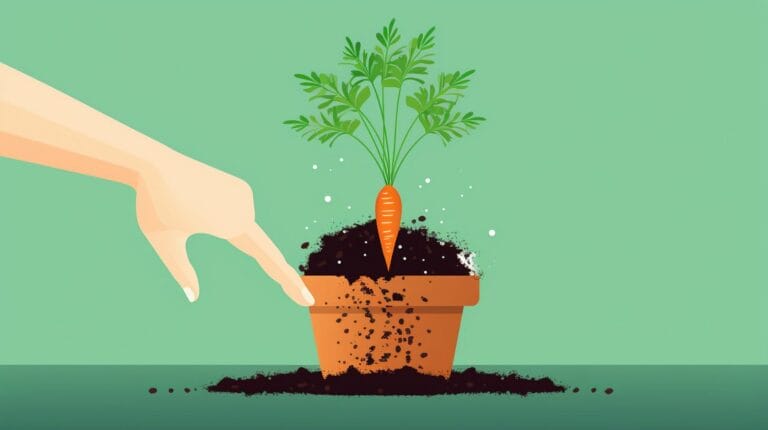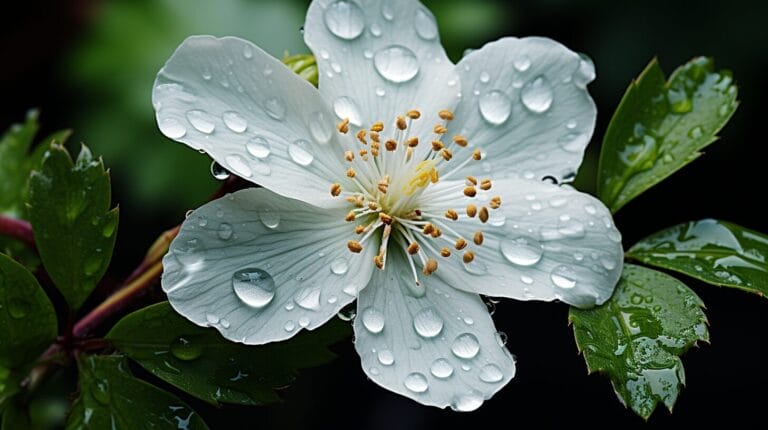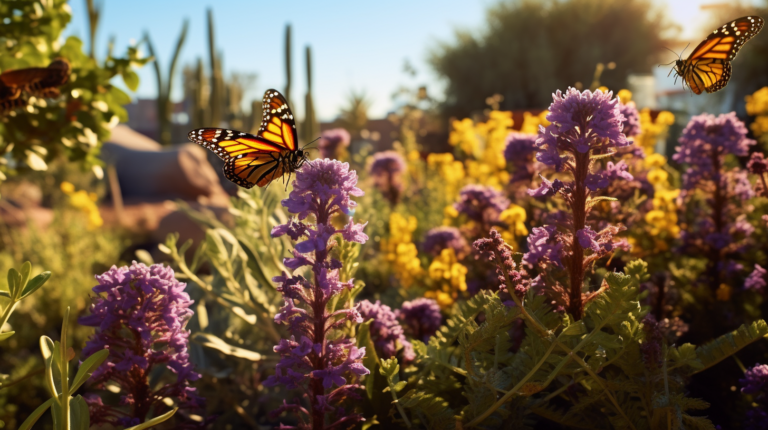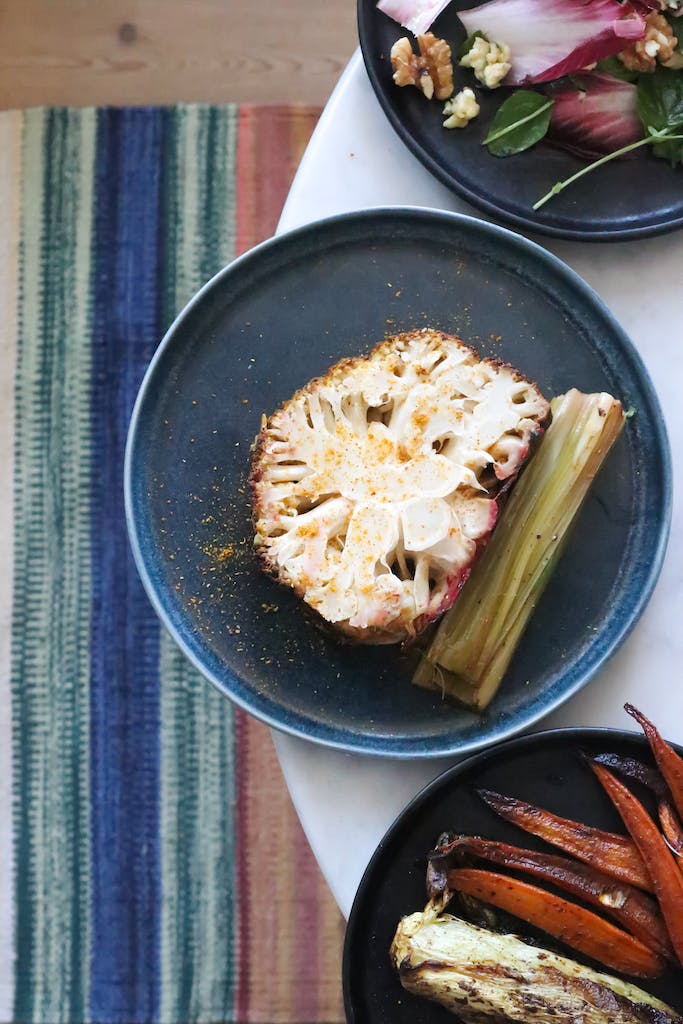In the realm of waste control, spoiled food is commonly viewed as having no value. But interestingly, for worms used in composting, this thrown out garbage can serve as a rich food source. This fascinating contrast is at the heart of our investigations in the sphere of vermicomposting.
We aim to share professional insights into whether worms can safely consume moldy food scraps and how this affects the health of your worm bin. It’s our collective experience as composting aficionados that informs this guide, ensuring you maximize your organic waste without harming your squirmy soil dwellers.
As we delve into this topic, we’ll reveal not only whether worms can digest moldy food but also the implications it has on the balance of your compost bin.
Key Takeaways
- Vermicomposting with worms is a sustainable and effective method for converting organic waste into nutrient-rich compost.
- When adding to a worm compost bin, it is safe to include fruit and veggie scraps, eggshells, and shredded paper.
- Moderation should be exercised when adding bread and grains (moldy), coffee grounds and filters, and tea bags.
- It is important to avoid adding meat and bones, dairy products, and oily or fatty foods to maintain a healthy compost bin.
Introduction to Vermicomposting With Worms
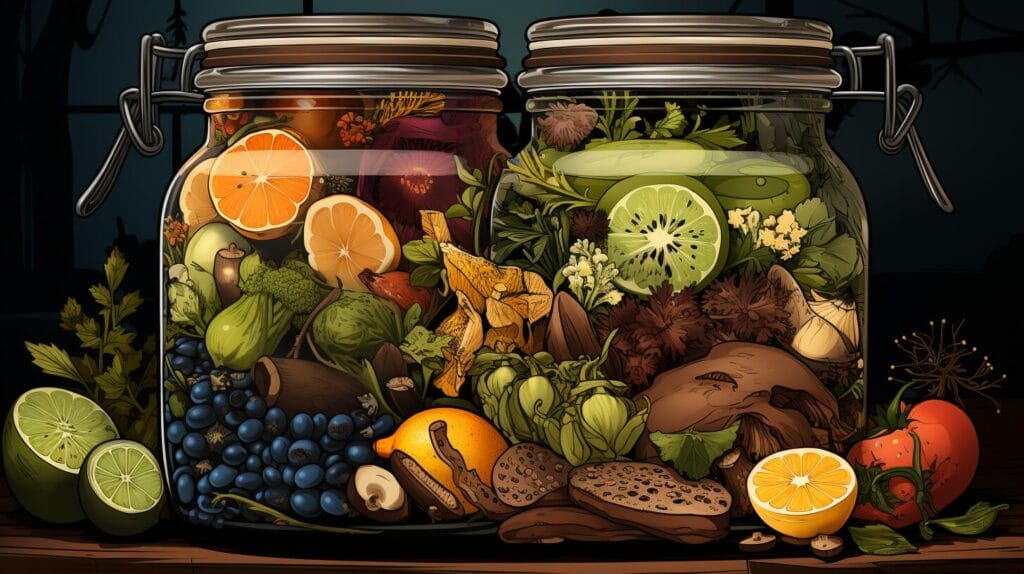
Vermicomposting leverages the natural process where worms convert organic waste into nutrient-rich compost. This eco-friendly solution recycles kitchen scraps and yard debris.
In our worm bin, these diligent creatures work tirelessly, transforming leftovers into a substance that’s gold for gardeners. As they munch through the waste, they aerate the soil and produce castings – a fancy term for worm poop – that enrich the soil far beyond what synthetic fertilizers can offer.
Vermicomposting is simple and sustainable. This closed-loop system reduces our carbon footprint by cutting down on methane emissions from landfills and actively participates in a circular economy where nothing goes to waste.
What Can and Can’t Be Added in a Worm Compost Bin
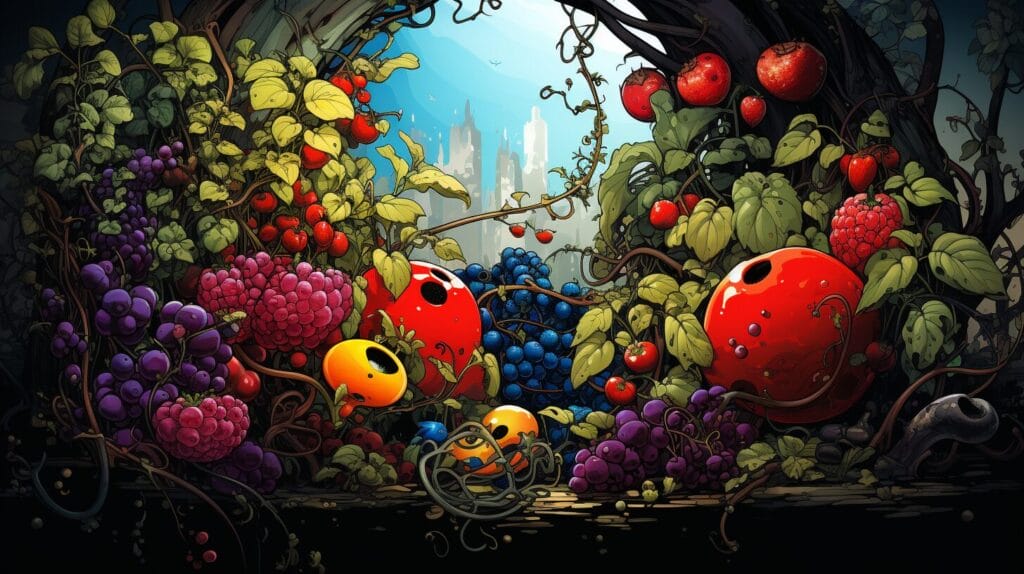
When feeding our worm compost bin, it’s crucial to know which scraps will nourish the worms and which could cause harm. Understanding this helps maintain a healthy balance in our bin, ensuring that our red wiggler worms can thrive and effectively decompose organic waste.
Here’s a simple guide to feeding our worms the right scraps:
| Safe to Add | Add in Moderation | Avoid Adding |
|---|---|---|
| Fruit and veggie scraps | Bread and grains (moldy) | Meat and bones |
| Eggshells | Coffee grounds and filters | Dairy products |
| Shredded paper | Tea bags | Oily or fatty foods |
We should balance green (nitrogen-rich) and brown (carbon-rich) materials to keep our compost healthy and productive. In addition to maintaining a proper balance of materials, it’s also important to monitor moisture levels to ensure that the compost breaks down effectively. For those looking to cultivate strawberries, knowing when to plant strawberries in Georgia will help you take advantage of the growing season. By timing your planting correctly, you can ensure that your strawberries thrive and produce a bountiful harvest. In addition to maintaining a balanced compost, incorporating materials like fruit scraps and dried leaves can enhance microbial activity, which is crucial for decomposition. For those interested in expanding their gardening knowledge, exploring vanilla bean seed planting techniques can be a rewarding endeavor, providing both educational value and potential culinary delights. This blending of composting and cultivation practices can lead to a thriving garden ecosystem. In addition to maintaining the right balance of green and brown materials, it’s important to monitor the compost’s moisture levels and aeration to ensure proper microbial activity. This careful management not only enhances the quality of the compost but can also help prevent common garden issues, such as the phenomenon of brown spots on cauliflower explained. By understanding the needs of your compost, you can cultivate a thriving garden ecosystem that supports healthy plant growth. In addition to balancing these materials, it’s important to regularly turn the compost to aerate it, promoting faster decomposition. As the compost matures, it can be an excellent resource for enriching soil when growing parsley in containers. This not only enhances the overall health of the plants but also maximizes flavor and yield.
Analyzing the Possibility: Can Worms Eat Moldy Food?
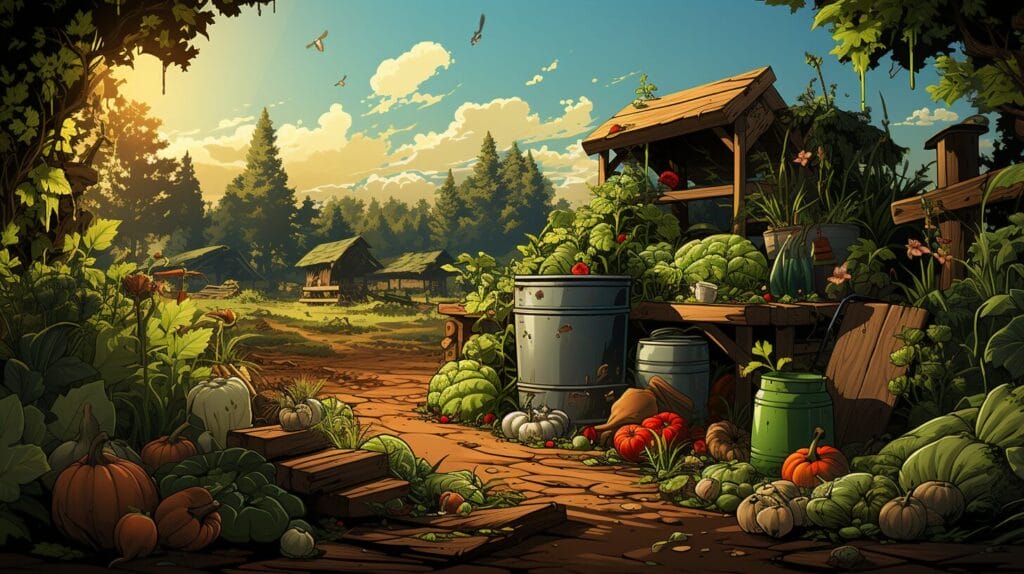
Mold spores are a natural part of the decomposition process. They’re often already present on the organic material we feed worms. So, can worms eat moldy food? Yes. Moldy food isn’t inherently dangerous to worms. The mold that develops on food scraps can assist in the breakdown process, making it easier for worms to consume the material. However, mold can change the environment in your worm compost, potentially making it more acidic or affecting the microbial balance.
Practical Guidelines for Adding Moldy Food to Your Compost or Worm Bin
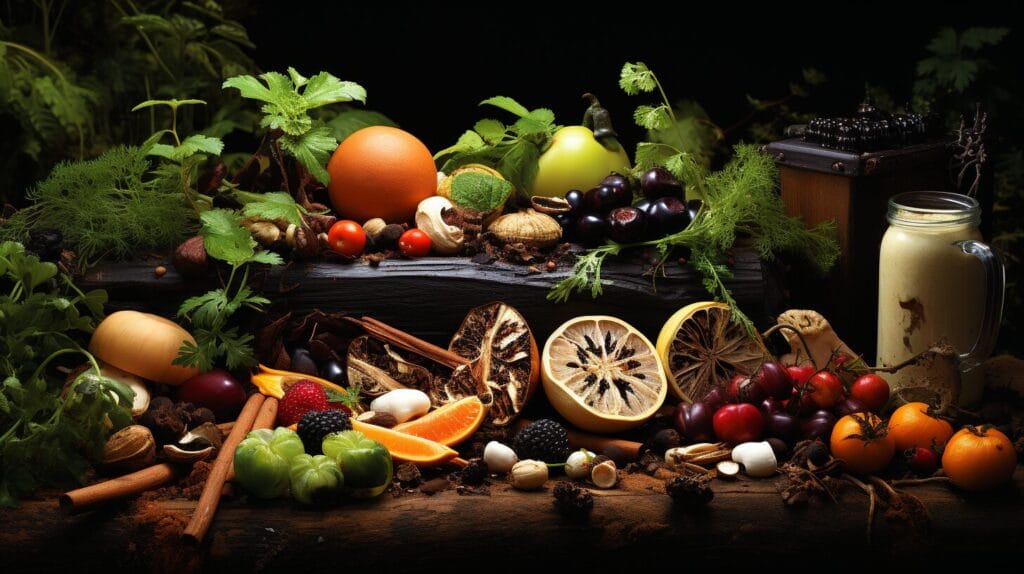
To effectively incorporate moldy food into your worm bin, follow these practical guidelines:
- Chop or break up large moldy food pieces: This increases the surface area for worms and microorganisms to work on, speeding up the decomposition process.
- Bury the moldy food: Burying it beneath the surface of your compost bin can help contain any mold spores and discourage fruit flies.
- Monitor the bin environment: After adding moldy food, observe the behavior of your worms. If they seem stressed or are trying to escape, it may indicate that the conditions inside the bin aren’t ideal.
Is Moldy Food Safe to Use for Worm Compost?
Moldy food should not be used for worm composting. Treating white fuzz on jade plant involves removing the affected parts and improving air circulation. Similarly, moldy food can spread harmful bacteria and fungal spores in the compost, potentially harming the worms and contaminating the compost.
Maintaining a Healthy Worm Farm Amid Food Waste Challenges
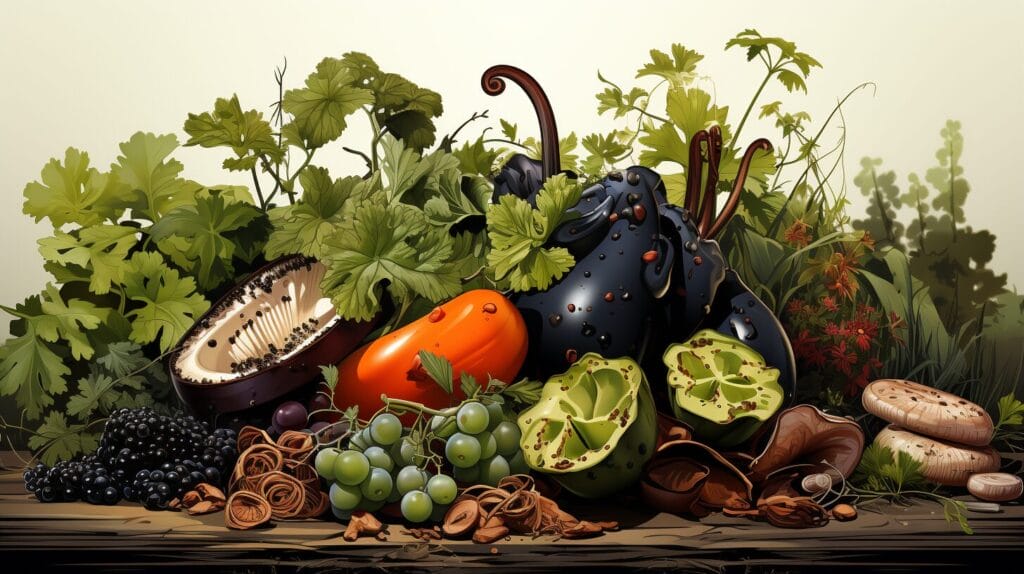
Maintaining a healthy worm farm requires vigilant monitoring of the worms’ well-being and the overall condition of the compost pile. While some mold is natural and even beneficial for breaking down food waste, too much can create an unhealthy environment for our worms.
| Challenge | Solution |
|---|---|
| Excess Moldy Food | Balance nitrogen-rich waste with carbon-rich materials |
| Unpleasant Odors | Ensure proper aeration and moisture control |
| Worm Health Issues | Regularly check and adjust pH levels |
Conclusion
To conclude, worms can indeed process moldy food, turning waste into compost gold. By carefully managing our worm bins, we ensure moldy scraps don’t overwhelm our wriggly workers. Let’s keep our farms balanced, our waste minimized, and our gardens flourishing. Together, we’re closing the loop on food waste, nurturing our environment one bin at a time. Happy vermicomposting, everyone!
Frequently Asked Questions
Can You Put Moldy Food in Worm Compost?
Yes, moldy food can be put in worm compost. The mold helps break down the waste, and the worms will eat it, contributing to a healthy composting process. This answers your question, “Can worms eat moldy food?”
Do Compost Worms Eat Rotten Food?
Compost worms can eat rotten food, but it’s better to offer them moldy scraps before the food completely decomposes to maintain a healthier worm bin environment. So, can worms eat moldy food and even rotten ones? Not exactly a yes.
What Should You Not Feed a Worm Farm?
Citrus, dairy, oily foods, or large amounts of meat and bones should not be fed to a worm farm. It’s also important to avoid adding pet waste or litter. Additionally, it’s crucial to ensure that all food scraps added to the worm farm are free from chemicals or pesticides, as these can harm the worms. Many people are also curious about deer eating watermelon rind myths, which often circulate in gardening circles. While some believe that deer will feast on all types of food scraps, it’s essential to stick with appropriate compost materials to maintain a healthy worm population.
What Is the White Mold in My Worm Bin?
White mold in a worm bin is usually a harmless fungus that helps to break down food. It’s common and indicates a healthy decomposition process in composting efforts. Can worms eat moldy food, especially white molds? Yes.
